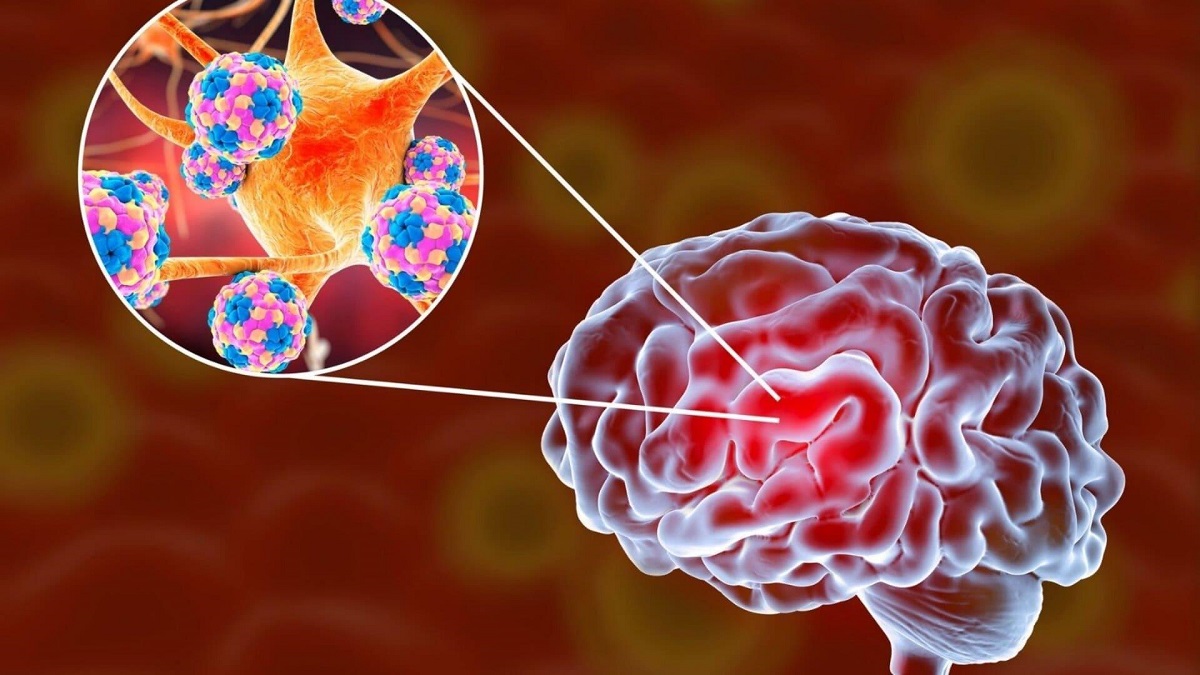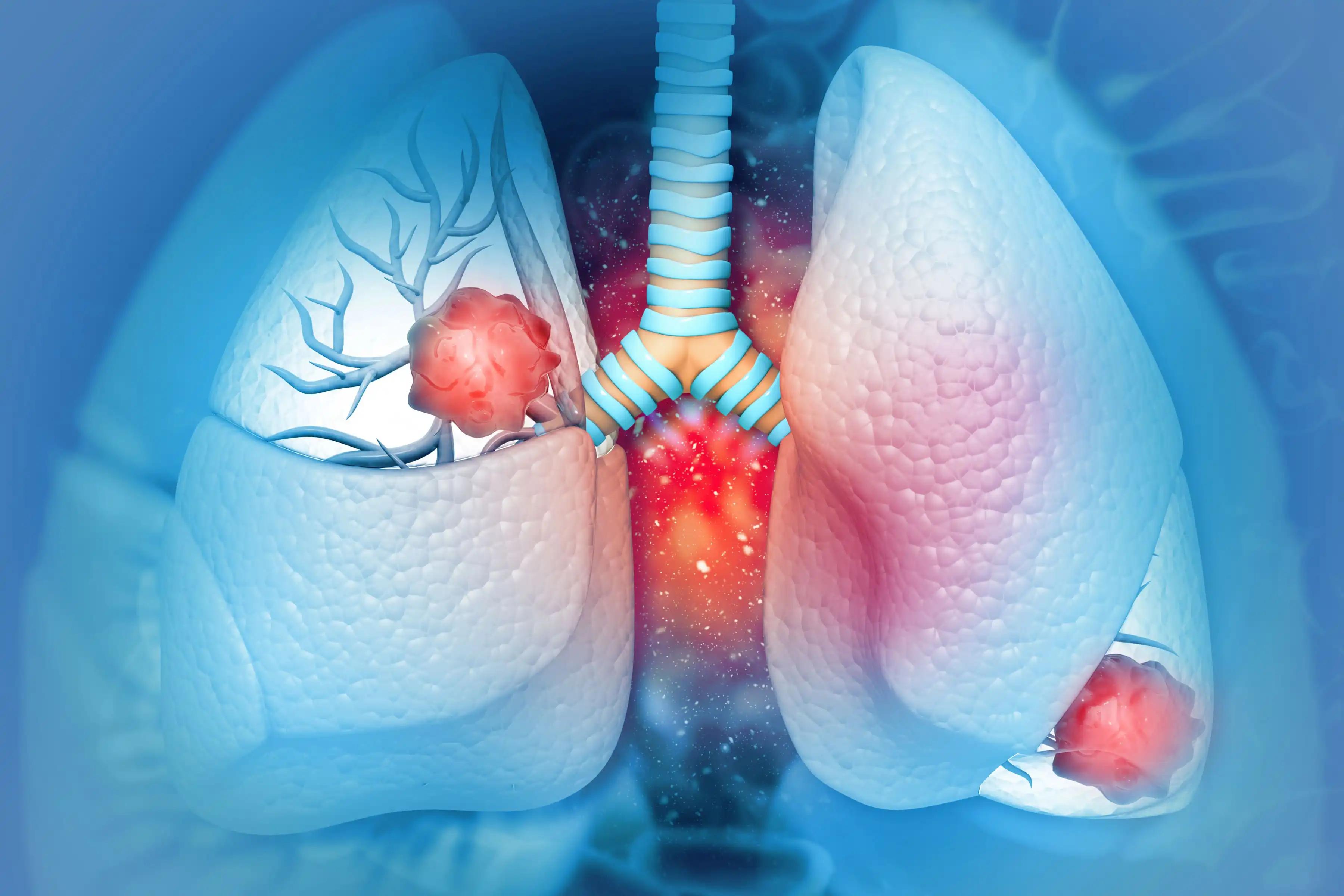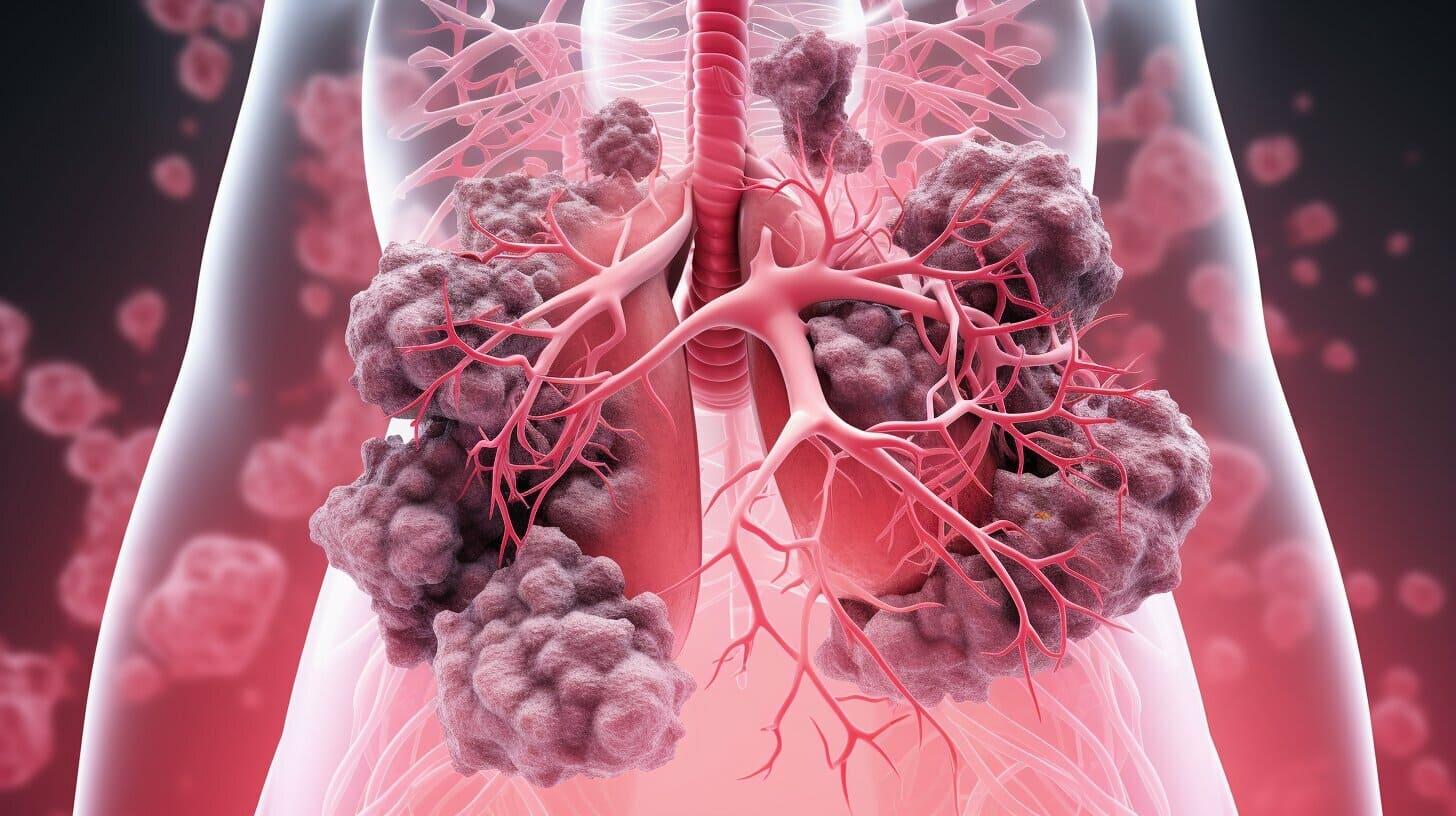KEY TAKEAWAYS
- The phase II trial aimed to present updated survival data for the alectinib and bevacizumab combination in ALK-NSCLC.
- The primary endpoint was investigator-assessed PFS. Secondary endpoints were the ORR, ICR, IC- PFS, and OS.
- The result demonstrated that alectinib + bevacizumab was effective in extended follow-up for ALK+ NSCLC.
Alectinib is a powerful drug used as the first-line treatment for a specific type of advanced lung cancer, ALK-positive. This works by targeting a gene mutation that drives cancer growth. But sometimes, the cancer cells figure out ways to escape the drug, causing resistance in up to one in four patients.
For this study, researchers aimed to present updated survival data for the alectinib and bevacizumab combination in ALK- non-small-cell lung cancer(NSCLC) after demonstrating promising efficacy and safety.
Alectinib (600mg BID) and bevacizumab (15mg/kg) combination were administered every three weeks in treatment-naive patients with advanced ALK fusion-positive NSCLC. Molecular confirmation of ALK rearrangement in tissue, determined by Next-generation sequencing (Foundation One CDx), was conducted at baseline and disease progression.
The primary endpoint was investigator-assessed progression-free survival (PFS). Secondary endpoints included objective response rate (ORR), investigator-assessed clinical response (ICR), intracranial (IC) PFS, and overall survival (OS).
Among 44 recruited patients, with a median follow-up of 22.8 months (15.7-28.4) as of the December 31, 2022 data cut-off, the median PFS was not reached (95% CI not calculable), and the 24-month PFS was 77.8% (95% CI 69.7-85.9). The 24-month OS was 100%.
Among 41 evaluable patients for a response, 36 achieved a partial response, and 5 had a complete response, resulting in a 100% ORR. The median percentage of tumor reduction was -84.9% (67.2-93.0), with deep responses (≥80%) observed in 68.2% of patients and 95.1% showing responses >50%. Of the initial 6 (14%) patients with brain metastases, the intracranial response (ICR) was 83.3%, and two had complete responses.
The 24-month central nervous system (CNS) event-free rate was 100%.97.5% of patients experienced any-grade adverse events, with the most common being AST/ALT diarrhea (75.6%), proteinuria (70.7%), and anemia (58.5%).
Grade ≥3 treatment-related adverse events (TRAEs) occurred in 51.2%, with the most frequent being AST/ALT increase (39%) and proteinuria (7.3%). Bevacizumab was discontinued in 12 patients, while definitive interruptions occurred in 8 cases.
The result demonstrated that alectinib + bevacizumab was effective in extended follow-up for ALK+ NSCLC.
Source: https://cattendee.abstractsonline.com/meeting/10925/presentation/2359
Clinical Trial: https://clinicaltrials.gov/study/NCT03779191
Arrieta O, Lara-Mejía L, Cabrera-Miranda L, Heredia D, Ramos-Ramirez M, Caballé E, Dávila-Dupont D, Cardona AFF, Cruz-Rico G, Remon J, Rosell R. Updated Survival Data in Advanced ALK-rearranged Non-small Cell Lung Cancer Treated with Alectinib and Bevacizumab in the ALEK-B Study.









